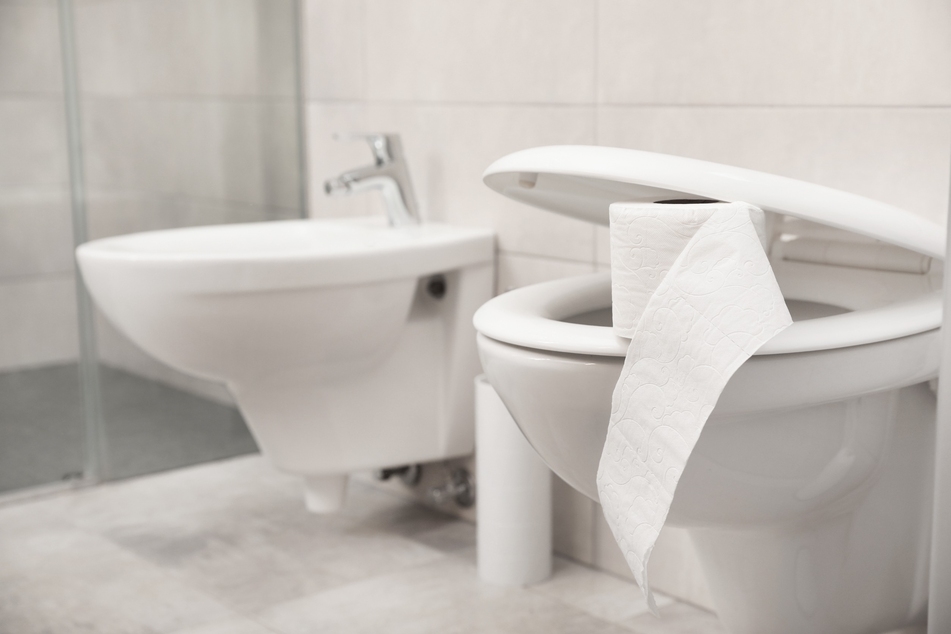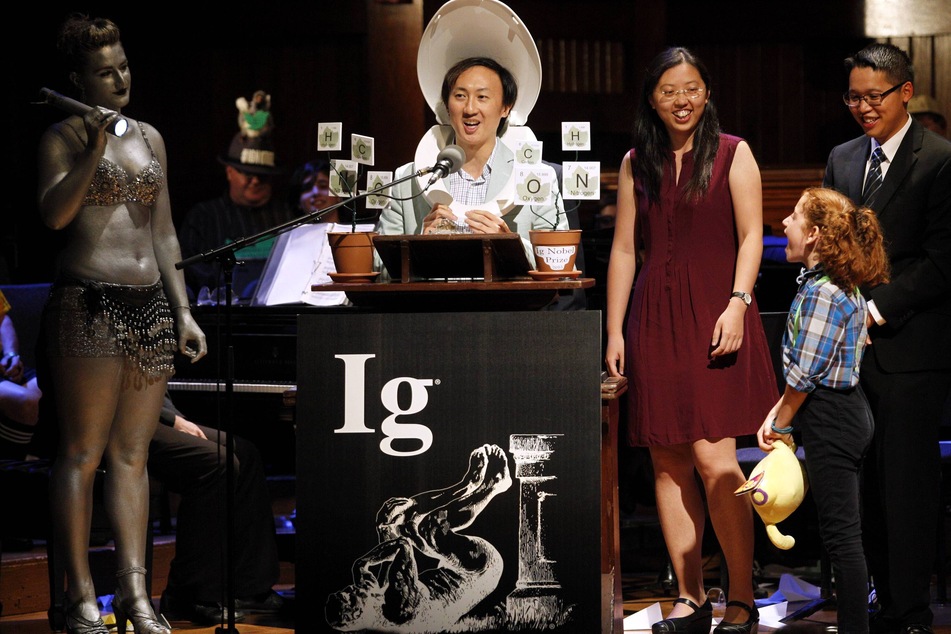Comedy Ig Nobel Prize goes to a toilet that knows you a bit too well!
Cambridge, Massachusetts - A "smart" toilet that can identify a person from their "analprint" has won the public health award at this year's spoof Ig Nobel Prize ceremony.

Just like fingerprints, the creases in the lining of a person's anus – known as analprint – is said to be unique.
The toilet, developed by experts at Stanford University, features cameras that take photos of a person's bottom to ahem... analyze these distinctive creases.
However, the key aim of the Smart Healthcare Toilet is to look for signs of diseases by probing stools and urine.
In addition to the anus, the cameras also take pictures of stools to look for tell-tale signs of cancer and other conditions such as irritable bowel syndrome.
The technology comes with test strips that can detect substances such as glucose and red blood cells in the urine, which are associated with various health issues.
The toilet is among 10 other winners at the annual spoof awards, organized since 1991 annually by the science humor magazine the Annals of Improbable Research, which are supposed to "make us laugh but then make us think."
Winners receive a 10 trillion dollar bill from Zimbabwe alongside a trophy.
Dr. Seung-min Park, an instructor of urology at Stanford's School of Medicine who led the research, described it as a "humbling experience," which "serves as a tribute to the researchers, mentors, and visionaries who dare to seek answers in unconventional places."
Bored teachers, zombie spiders, and rock licking

Other awards at the virtual ceremony on Thursday included the medicine prize for using cadavers to explore whether there is an equal number of hairs in each of a person's two nostrils, and the nutrition prize for experiments to determine how electrified chopsticks and drinking straws can change the taste of food.
The education award was scooped up by the research team studying the boredom of teachers and students.
An international collaboration won the communication prize for studying the brains of people who are expert at speaking backwards, some of whom are able to rapidly reverse sentences of up to 12 words.
The mechanical engineering award went to a team who re-animated dead spiders to use as them as mechanical gripping tools.
A study of the "unfamiliar or peculiar" sensations people feel when they repeat a single word many times was awarded the literature prize while the chemistry and geology gong went to Jan Zalasiewicz, emeritus professor of paleobiology at the University of Leicester, for explaining why geologists like to lick rocks.
"A couple of centuries ago and more, some geologists had learned to tell different rocks and minerals apart by their taste - that's a skill we've now almost completely lost," Zalasiewicz told PA.
Cover photo: Collage: IMAGO / UPI Photo & 123RF/liudmilachernetska